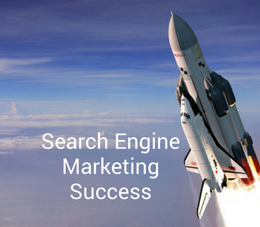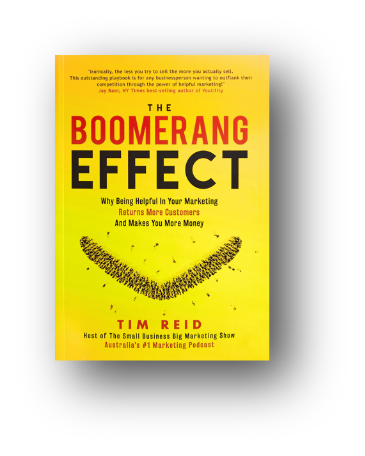 Yep, it’s this time of the year again – Christmas will be here soon and then before we know it, it will be 2017. New year, new year’s resolutions, new beginnings, new business quarter…But before the festive season is upon us, every business owner needs to sit down and do a little planning for the next year to make sure that their business has all the necessary tools to stay profitable and successful.
Yep, it’s this time of the year again – Christmas will be here soon and then before we know it, it will be 2017. New year, new year’s resolutions, new beginnings, new business quarter…But before the festive season is upon us, every business owner needs to sit down and do a little planning for the next year to make sure that their business has all the necessary tools to stay profitable and successful.
And that planning involves establishing a solid approach to your search engine marketing.
A good place to start your planning would be your online presence assessment. Ask yourself these questions: How easy it is to find your business on search engines? Is your business coming up on the first search engine results page? Do you have your search marketing strategy in place?
Your search marketing strategy is critical to your online success. The amount of traffic (visitors) you get to your website directly impacts the return on investment it will generate, and one of the primary sources of website traffic is search. Whether the goal of your website is to generate calls, leads, sales or even just brand awareness, search marketing should be on your radar if you want to meet your targets.
When we talk about search marketing, what do we mean?
There are millions upon millions of web pages available online, with more being added every minute. Search engines exist to help users find the information they want online as quickly and easily as possible, without having to waste time trawling through irrelevant or poor-quality content before finding what they need.
“Search marketing” is a catch-all term which generally refers to either or both of the two main methods of helping your website get “found” in search engines, like Google and Bing – Pay Per Click (PPC) advertising, and Search Engine Optimisation (SEO).
Why does search engine marketing matter to your business?
Where your website ranks in searches for relevant keywords, terms, and phrases can make an enormous difference to the amount of traffic you receive – and in turn how many leads or sales your website generates for your business.
While you may assume your website will be automatically found by search engines, and to an extent this is true, there are a number of actions you can take to improve where you rank, and for which keywords or phrases. Most people don’t browse past the first page of search results, so if your website is displayed on any page other than the first, searchers are unlikely to even see it.
For most searches, there are two types of listing displayed – paid and organic. Exactly where these display depends on the search engine in question but usually there are a handful of paid listings above, below, and/or beside the organic or unpaid listings.
What is Search Engine Optimisation?
With the rate of growth of the internet, the people who build and run the search engines hardly have time to manually sort and rate the content – so they write complex algorithms which assess and rank the webpages automatically, and display them on search engine results pages in descending order according to their relevance and quality.
There are a number of elements on your website relating to your code, content, and structure which affect how relevant these algorithms consider your website, and thus how well your site ranks in search. Making sure your site is set up as well as possible for this purpose is known as Search Engine Optimisation, or SEO, and involves things like reviewing and editing your content, titles, and meta descriptions.
What is Pay Per Click?
Pay Per Click or PPC advertising is paying to have your website displayed as one of the paid listings on the results page. As a high level overview, you bid for the best-placed spot and pay that amount for each click you get – hence, “pay per click”.
Which one should I use for my search engine marketing?
PPC is a shorter-term strategy that gets immediate results, while SEO is a longer-term strategy which takes time and consistent work to show results – however those results tend to last and also hold arguably more weight compared to PPC listings, which are visibly marked as ads and therefore may be skipped over by some. Your SEO work can also impact the performance of your PPC campaigns. For these reasons, the best search marketing strategy combines elements of both SEO and PPC.
Having some kind of search marketing incorporated into your online campaign is critical to your online success, as your position in search engines directly affects your traffic volumes and in turn the results you get from your website, whether your KPI is leads, calls, or sales. If you’re not sure where to start, or would like some help setting up and optimising your campaign, reach out to the experts at WebCentral for a free consultation.
Free your time and let WebCentral do the work for you.
Request your free search engine marketing consultation today.






